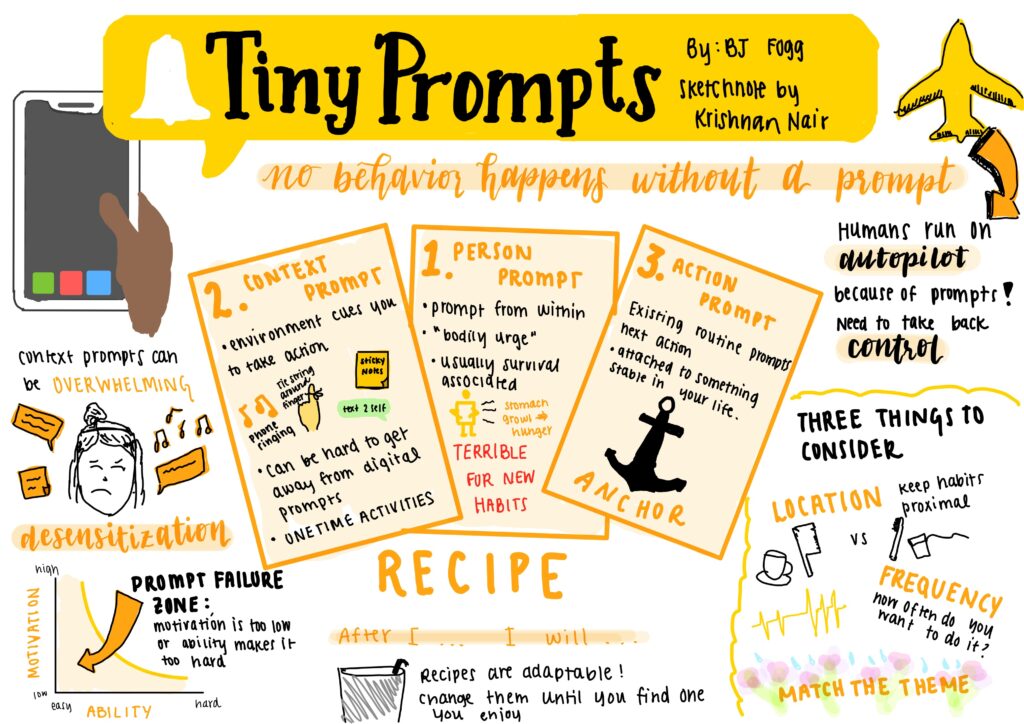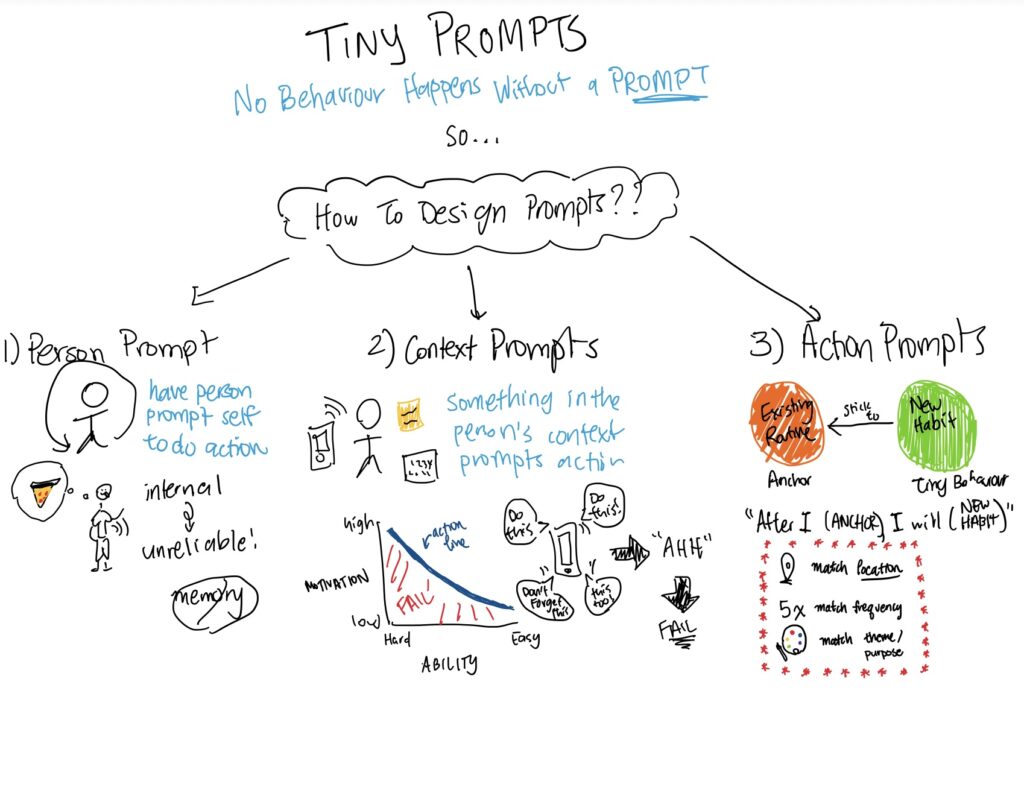PulsePoint should deploy a generative AI chatbot, but through a phased approach that balances innovation with stakeholder concerns. This strategy ensures a competitive edge while fostering trust and collaboration—values I’ve come to prioritize in my own experiences.
Why Now?
Generative AI is advancing at an extraordinary pace, with capabilities doubling every six to nine months. As Dharmesh Shah notes, by the time PulsePoint implements the technology, it will be even more advanced. AI’s ability to provide competence, consistency, and convenience simultaneously makes it transformative, especially in sales and customer service. If PulsePoint acts now, it can secure a first-mover advantage and position itself as a leader.
I’ve witnessed the power of early adoption firsthand. While scaling companies in accelerator settings, I helped build automated solutions that freed teams to focus on high-value work. Similarly, generative AI can offload repetitive tasks, enabling PulsePoint’s teams to deepen client engagement. However, a phased rollout—testing AI in smaller areas before full-scale deployment—can mitigate risks, a strategy I used successfully when co-founding Alif, the first accelerator for Muslim founders.
Why Caution Is Necessary
Innovation must be tempered by responsibility. Key clients like Orion fear losing the “personal touch” and worry about data privacy—concerns I’ve seen derail promising technologies. In B2B sales, where relationships drive value, these fears must be addressed with opt-outs or hybrid models that combine AI efficiencies with human oversight.
Mark Thompson’s point about AI missing hidden opportunities in complex sales further underscores the need for caution. While working with AI-driven startups, I learned that no system is perfect—hallucinations and errors can harm trust. Retaining human involvement in critical areas can prevent these risks and maintain client confidence.
What Should They Consider?
- Client Trust: Offering hybrid models can reassure clients like Orion, preserving the personal relationships they value while showcasing AI’s benefits.
- Employee Alignment: Like the teams I’ve worked with, PulsePoint’s employees will resist change if it threatens their roles. Framing AI as a tool to enhance—not replace—human capabilities can boost morale and foster collaboration.
- Ethical Deployment: Responsible AI use, including strong data privacy measures and human oversight, is crucial to maintaining credibility.
- Strategic Vision: AI should align with PulsePoint’s broader goals of improving margins and customer experience, not just cost-cutting. For example, AI can automate tedious tasks, freeing employees to focus on strategic initiatives.
PulsePoint should move forward, but with caution. The company must build trust with clients by offering hybrid models that preserve valued relationships while demonstrating AI’s benefits. Internally, Jeannie should frame AI as a tool to empower employees rather than replace them. Ethical deployment, including data privacy and human oversight, is essential to avoid reputational risks. By aligning the rollout with broader strategic goals—enhancing customer experience and boosting margins—PulsePoint can embrace innovation responsibly and position itself as a leader in this transformative era.



